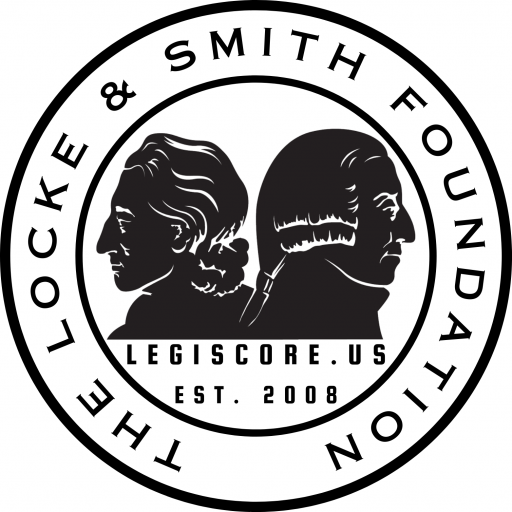As introduced HB 1518 Prohibits public institutions of higher learning from discriminating against a religious student association or denying a religious student association any benefit available to any other student association. At face value, one might believe this is a fantastic idea as it does seem governmental (taxpayer) institutions do discriminate and they have their specially chosen movements that seem to get much better treatment than others.
Article 1 Section 5. Religious freedom—liberty of conscience and belief—limitations— right to pray—academic religious freedoms and prayer.
That all men and women have a natural and indefeasible right to worship Almighty God according to the dictates of their own consciences; that no human authority can control or interfere with the rights of conscience; that no person shall, on account of his or her religious persuasion or belief, be rendered ineligible to any public office or trust or profit in this state, be disqualified from testifying or serving as a juror, or be molested in his or her person or estate; that to secure a citizen’s right to acknowledge Almighty God according to the dictates of his or her own conscience, neither the state nor any of its political subdivisions shall establish any official religion, nor shall a citizen’s right to pray or express his or her religious beliefs be infringed; that the state shall not coerce any person to participate in any prayer or other religious activity, but shall ensure that any person shall have the right to pray individually or corporately in a private or public setting so long as such prayer does not result in disturbance of the peace or disruption of a public meeting or assembly; that citizens as well as elected officials and employees of the state of Missouri and its political subdivisions shall have the right to pray on government premises and public property so long as such prayers abide within the same parameters placed upon any other free speech under similar circumstances; that the General Assembly and the governing bodies of political subdivisions may extend to ministers, clergypersons, and other individuals the privilege to offer invocations or other prayers at meetings or sessions of the General Assembly or governing bodies; that students may express their beliefs about religion in written and oral assignments free from discrimination based on the religious content of their work; that no student shall be compelled to perform or participate in academic assignments or educational presentations that violate his or her religious beliefs; that the state shall ensure public school students their right to free exercise of religious expression without interference, as long as such prayer or other expression is private and voluntary, whether individually or corporately, and in a manner that is not disruptive and as long as such prayers or expressions abide within the same parameters placed upon any other free speech under similar circumstances; and, to emphasize the right to free exercise of religious expression, that all free public schools receiving state appropriations shall display, in a conspicuous and legible manner, the text of the Bill of Rights of the Constitution of the United States; but this section shall not be construed to expand the rights of prisoners in state or local custody beyond those afforded by the laws of the United States, excuse acts of licentiousness, nor to justify practices inconsistent with the good order, peace or safety of the state, or with the rights of others.
Source: Const. of 1875, Art. II, § 5. (Amended August 7, 2012)
Section 8. Freedom of speech—evidence of truth in defamation actions—province of jury.—That no law shall be passed impairing the freedom of speech, no matter by what means communicated: that every person shall be free to say, write or publish, or otherwise communicate whatever he will on any subject, being responsible for all abuses of that liberty; and that in all suits and prosecutions for libel or slander the truth thereof may be given in evidence; and in suits and prosecutions for libel the jury, under the direction of the court, shall determine the law and the facts.
Source: Const. of 1875, Art. II, Sec. 14.
Section 9. Rights of peaceable assembly and petition.—That the people have the right peaceably to assemble for their common good, and to apply to those invested with the powers of government for redress of grievances by petition or remonstrance. Source: Const. of 1875, Art. II, Sec. 29.
What is missing is the fact when the rights are violated NO ONE in any governmental entity is held to any standard for this violation except for when it is the people who are prosecuted for some sort of perceived right the folks in the government, and government believe it has.
No matter how many new laws are created those who already violate laws will continue to do so until they are severely held accountable for those violations and hundreds of years of history will show the violations of the people in the government go unpunished, meanwhile, people walking around the DC Capitol have been behind bars for years as the people in the government continue to abuse the rights of the people. Randy Weaver’s wife was murdered, no one held to account and countless other examples are easy to locate.
